Programming Language
Upcoming Courses
SEE ALL
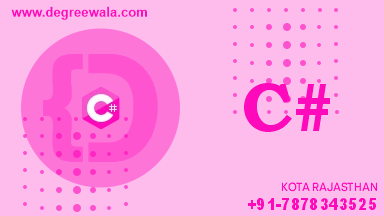
.webp)
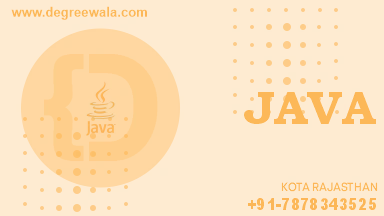

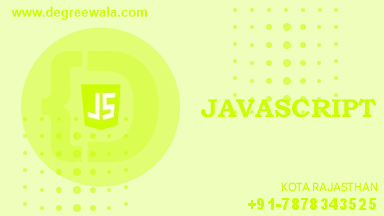

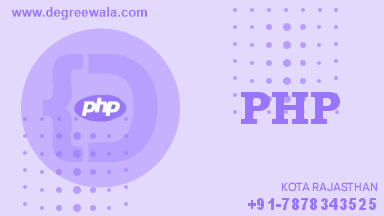
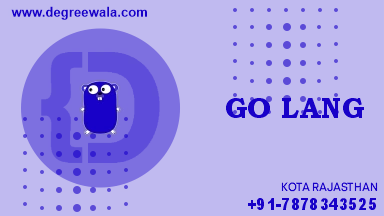

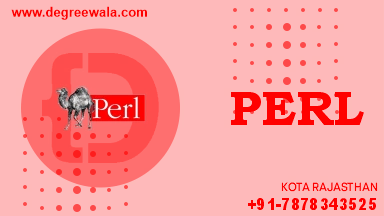
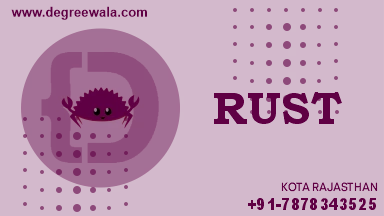
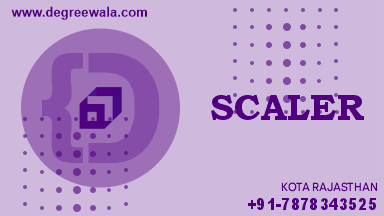
Frequently Asked
Questions
What is a programming language course?
A programming language course teaches the concepts, syntax, and best practices of one or more programming languages. It aims to equip learners with the skills to write code, develop software applications, and solve problems using programming.
What will I learn in a programming language course?
You can expect to learn: Basic syntax and structure of the language , Data types and variables , Control structures (loops, conditionals) , Functions and methods , Object-oriented programming (if applicable) , Error handling and debugging techniques , Libraries and frameworks associated with the language
What is object-oriented programming (OOP), and will I learn it?
OOP is a programming paradigm that uses "objects" to represent data and methods to manipulate that data. Many courses that teach languages like Java, Python, or C# include OOP concepts like classes, inheritance, and polymorphism.
What is the difference between compiled and interpreted languages?
Compiled Languages: Languages like C and C++ are converted to machine code by a compiler before execution, resulting in faster performance. Interpreted Languages: Languages like Python and JavaScript are executed line-by-line by an interpreter, which can make them easier to use but slower in performance.

